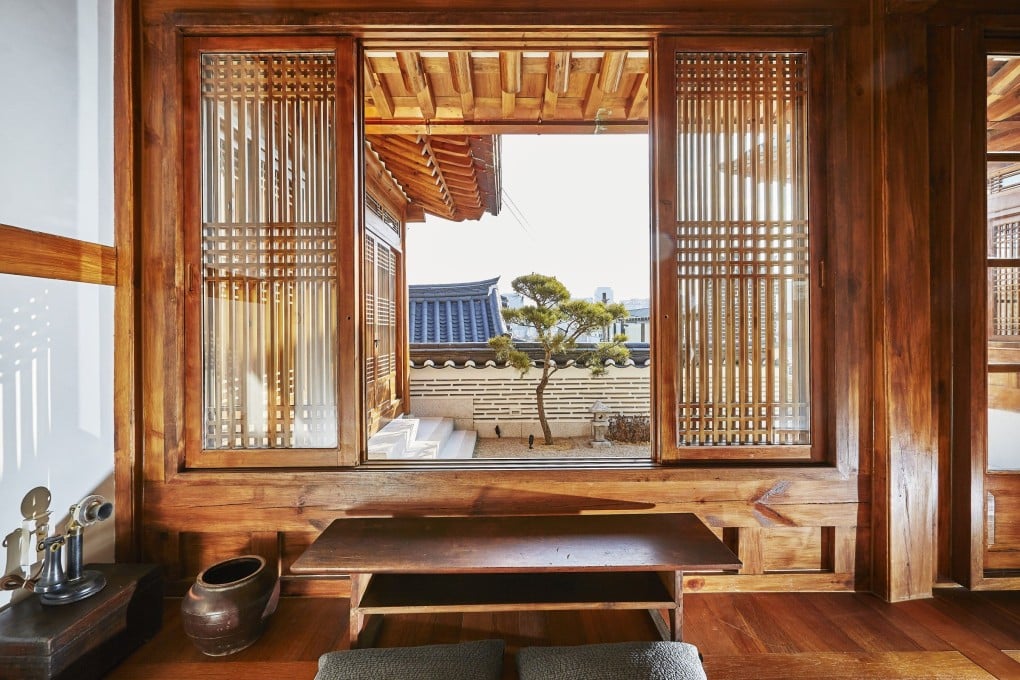A unique stay in South Korea: how the traditional Korean house was revitalised thanks to a claim the country has no ‘X factor’
- After an American colleague told Ahn Young-hwan that he failed to see the appeal of South Korea, Ahn decided he wanted to better showcase Korea to foreigners
- He bought a condemned 130-year-old traditional Korean house and renovated it, leading to the rise of a new hotel culture in South Korea

Ahn Young-hwan was bothered by a colleague’s comment so much that it led to the rise of a new hotel culture in South Korea – or so family legend has it.
In the 1980s, Ahn was a computer systems engineer in the United States, and occasionally returned home to South Korea on consulting projects.
“China is about grandiosity, while Japan is elegant and refined,” the colleague said, but Korea had no particular “X factor”. The conversation ignited a fire in Ahn – he wanted to better showcase Korea to foreigners.

One quintessentially Korean trait that Ahn wanted to convey was jeong – the warm feeling that close friends and family have for one another – and the best way to demonstrate it was to have foreigners stay in a traditional Korean house, known as a hanok.